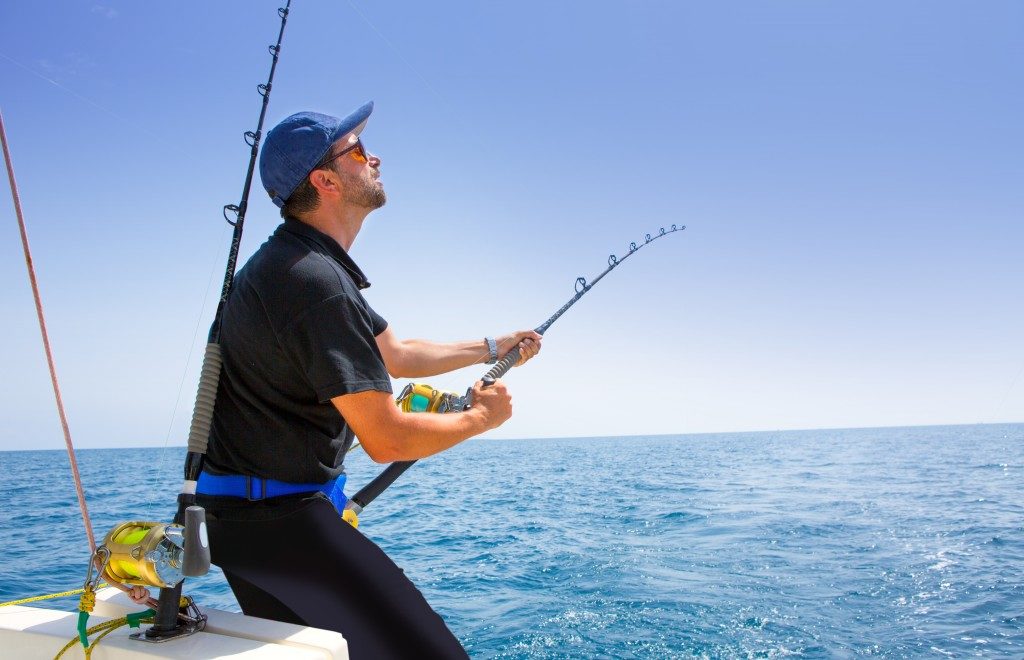- Hunting in the U.S. is a tradition and sport, requiring knowledge of state-specific regulations and protected wildlife species.
- Essential hunting gear includes a rifle, survival kit, appropriate clothing, and depending on the method, additional tools.
- Physical and mental preparation is crucial for successful hunting, such as understanding the terrain and practicing shooting.
- Safety, respect for the environment, and adherence to ethical hunting practices are fundamental principles for all hunters.
Hunting in the United States is not just a sport or recreational activity but a way of life. What once started as a necessity for survival has evolved into a cherished tradition. The number of hunters in the United States remains significant, with approximately 15 million participants in 2020 alone.
While hunting regulations primarily vary by state, federal laws protect certain species. Pursuing protected species requires special licenses and specific guidelines for ethical hunting practices. These rules outline the permissible game and the methods employed.
Hunting is also a way to connect with nature, sharpen your survival skills, and create memories with friends and family. However, like any outdoor activity, hunting can be dangerous if not done right, especially for novice hunters. Participating in a sporting hunting expedition involves more than picking up a rifle and heading out into the wild. It requires planning, patience, and attention to crucial factors that can ensure your safety and success. This blog discusses essential factors every hunter should consider before and during a hunting expedition.

Know the Rules and Regulations
Different states have different hunting regulations, which hunters must adhere to. Before embarking on any hunting expedition, ensure you know the rules and regulations that govern the area you intend to visit.
Wildlife for Hunting
You should confirm the hunting seasons, the types of wildlife allowed for hunting, the hunting methods permitted, and any licensing requirements. Failure to follow the rules can lead to severe penalties and, in some cases, cancellation of your hunting trip.
Area and Terrain
You should also familiarise yourself with the area and terrain. Knowing the lay of the land will make it easier to determine where your prey is likely to be located. You should also research potential hunting hazards, such as dense foliage or dangerous animals in the region. Knowing these factors will help you ensure a safe and successful hunt.
Carry the Right Gear
Carrying the right gear is essential for your safety, comfort, and success during a hunting expedition. The equipment you carry will depend on the type of hunting you plan to undertake and the prevailing weather conditions. Some essentials include a rifle, ammunition, a compass or GPS, a survival kit, hunting clothing, boots, and a hunting knife. You should also carry waders, binoculars, and a backpack for carrying your gear and any game you harvest.
Bow Hunting
If you plan to use a bow for hunting, make sure to pack extra arrows, as well as a target for practice, before the hunt. You should look for a reliable supplier of durable crossbow broadheads if you’re using a crossbow. The heads should be designed to provide maximum penetration power for the game you’re hunting.
Prepare Physically and Mentally
Hunting requires physical and mental readiness. Before embarking on your hunting trip, ensure you are physically fit and able to undertake the physical demands of hiking and carrying gear in rugged terrain. Mental stamina is also needed to sit, observe, and wait for the game. Mental preparation includes familiarizing yourself with the terrain, studying the behavior of your target game, and honing your shooting skills.
Practice Shooting
You should also plan and practice shooting in advance. This will help you make quicker, more accurate shots when the time comes. Choose a rifle that fits your body type and is easy to carry for long distances. Ensure it’s well-sighted so you’re not fumbling with your gear while trying to get lined up on an animal.

Safety First
Safety is paramount in any hunting expedition. You should take all necessary precautions to ensure your safety and that of others in your hunting party. Ensure your rifle is always pointed in a safe direction, your finger is off the trigger until you are ready to shoot, and you know your target and what lies beyond it.
Visible Clothing
You should also wear fluorescent orange clothing to make yourself visible to other hunters, carry a first aid kit, and ensure you know how to administer basic first aid. In addition, make sure you understand the laws of the land and have appropriate permits. Finally, always remember to practice safe gun handling techniques.
Map and Compass
It is also a good idea to carry a map and compass with you and an emergency whistle or other signaling device. This will help ensure you can be located quickly if you need help during your expedition.
Respect the Game and the Environment
As a hunter, you must respect the game and the environment. You should only harvest what you intend to use and avoid wastage. Ensure you recycle trash or remnants of your hunting camp correctly, including the remains of any game you harvest. You should also respect the natural habitats and avoid disrupting them, including staying on designated trails and avoiding off-road driving.
Hunting is a rewarding sport and a way to experience nature’s beauty. However, participating in a hunting expedition requires careful planning and adherence to essential factors that can ensure your safety and success. You can enjoy a successful and safe hunting expedition by knowing the rules and regulations, carrying the right gear, preparing physically and mentally, focusing on safety, and respecting the game and the environment. Always practice ethical hunting practices, promote conservation efforts, and follow wildlife regulations thoroughly. Happy hunting!


